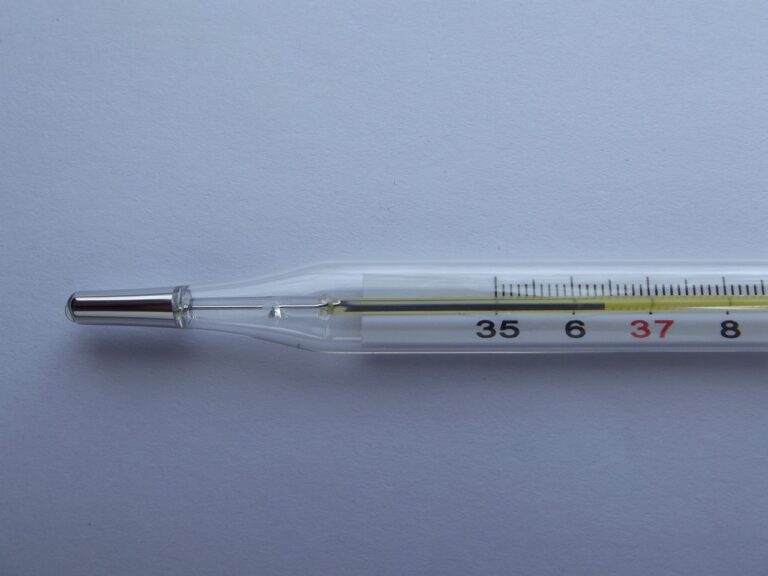The Impact of Social Media on Health and Well-being
Navigating the digital realm of social media has become a fundamental aspect of modern living. It serves as a platform for individuals to cultivate connections, share experiences, and express themselves freely. However, excessive engagement with social media can lead to a myriad of mental health issues. The incessant comparison to curated online personas and the pressure to present an idealized version of oneself can fuel feelings of inadequacy, anxiety, and depression among users.
Moreover, the constant barrage of information and content on social media platforms can overwhelm individuals and disrupt their cognitive processes. Scrolling through an endless feed of images, updates, and news can impede one’s ability to focus, leading to difficulties in concentration and decision-making. This inundation of stimuli can also hinder quality sleep, as the blue light emitted by screens interferes with the body’s natural sleep-wake cycle, contributing to sleep disturbances and overall fatigue.
Physical Health Implications of Excessive Social Media Use
Excessive social media use can have detrimental effects on an individual’s physical health. Spending long hours on social media platforms can lead to a sedentary lifestyle, with individuals becoming less engaged in physical activities or exercise. This lack of movement and exercise can contribute to various health issues, including obesity, cardiovascular problems, and muscle weakness.
Moreover, excessive use of social media is often associated with poor sleep habits. The blue light emitted from screens can disrupt the production of melatonin, a hormone that regulates sleep. Consequently, individuals may experience difficulties falling asleep or maintaining a restful sleep throughout the night. Chronic sleep deprivation can weaken the immune system, increase the risk of developing chronic conditions, and impair cognitive functions during the day.
The Relationship Between Social Media and Self-esteem
Social media has become a pervasive tool in our daily lives, influencing how we perceive ourselves and others. The constant exposure to curated portrayals of people’s lives on platforms like Instagram and Facebook can lead to comparisons that affect self-esteem. The pressure to conform to unrealistic beauty standards or portray a perfect life online can result in diminished self-worth and increased feelings of inadequacy among users.
Moreover, the validation and feedback received on social media posts can heavily impact self-esteem. The number of likes, comments, or shares a post receives can subconsciously influence one’s self-worth, leading to a cycle of seeking external approval for validation. This reliance on digital affirmations can create a fragile sense of self-esteem that is dependent on online interactions, potentially affecting mental well-being in the long term.







